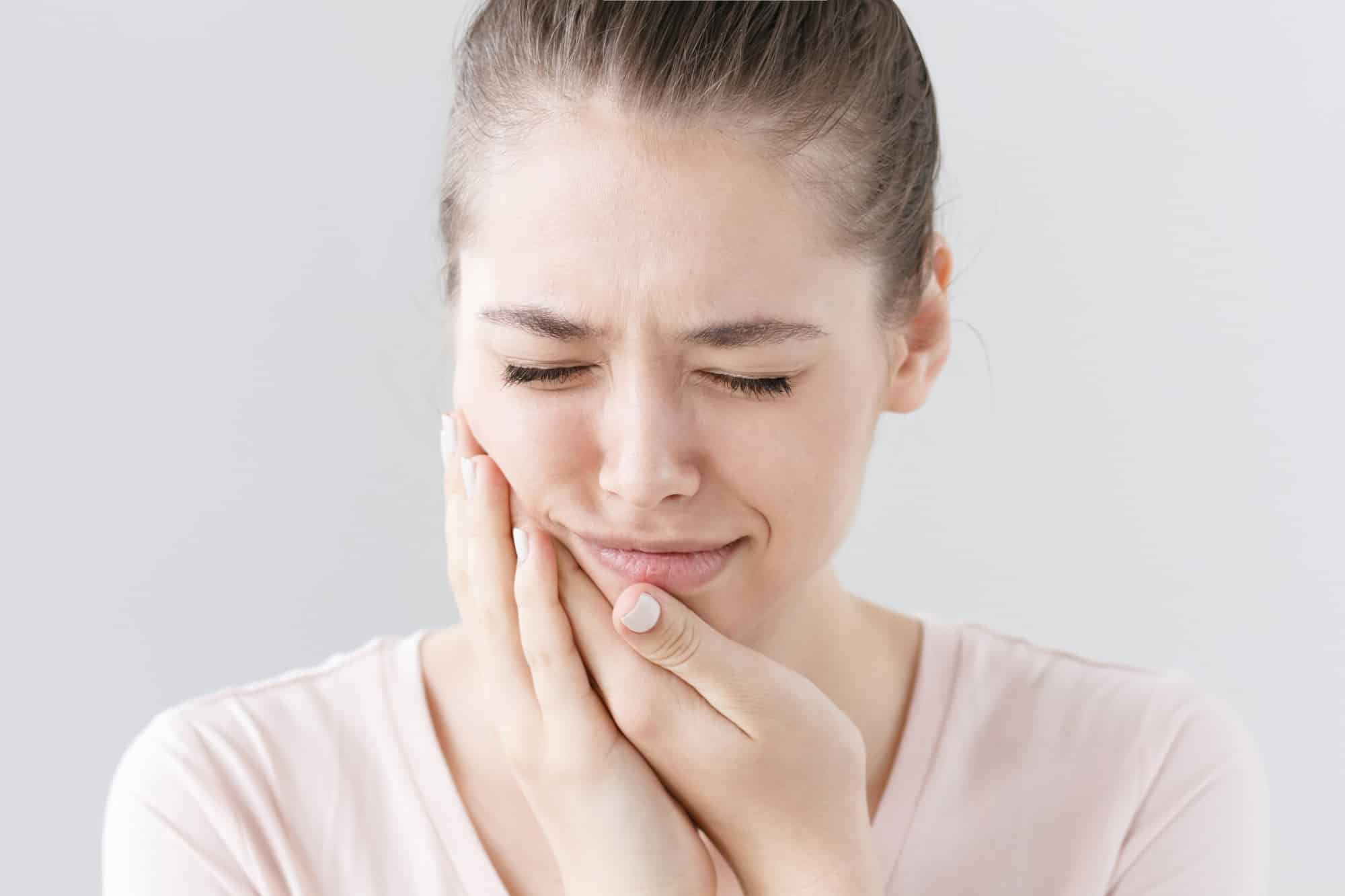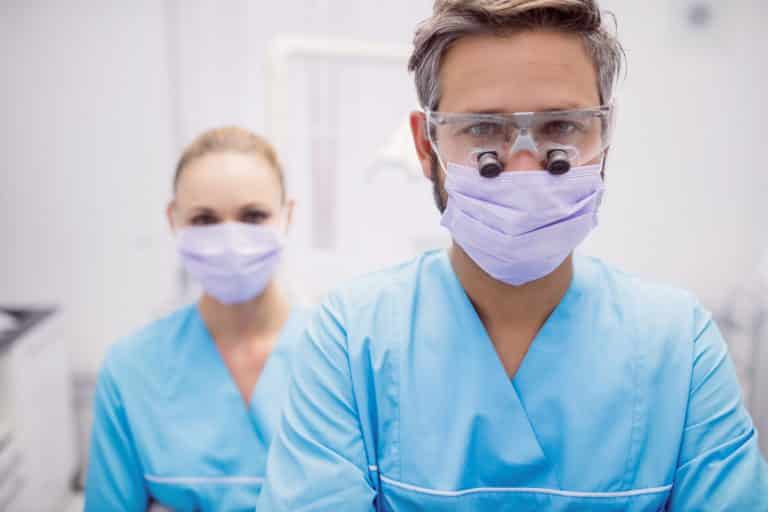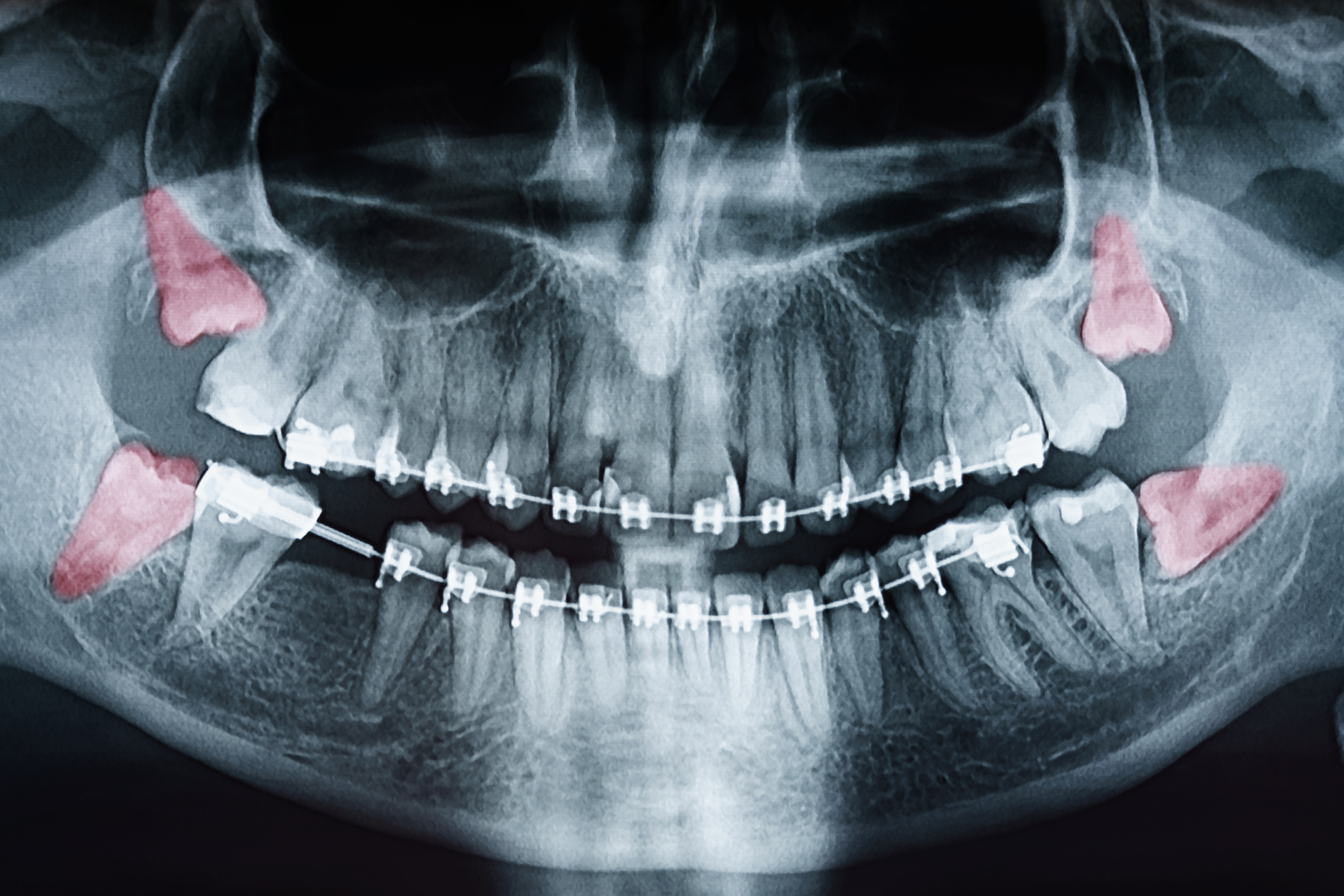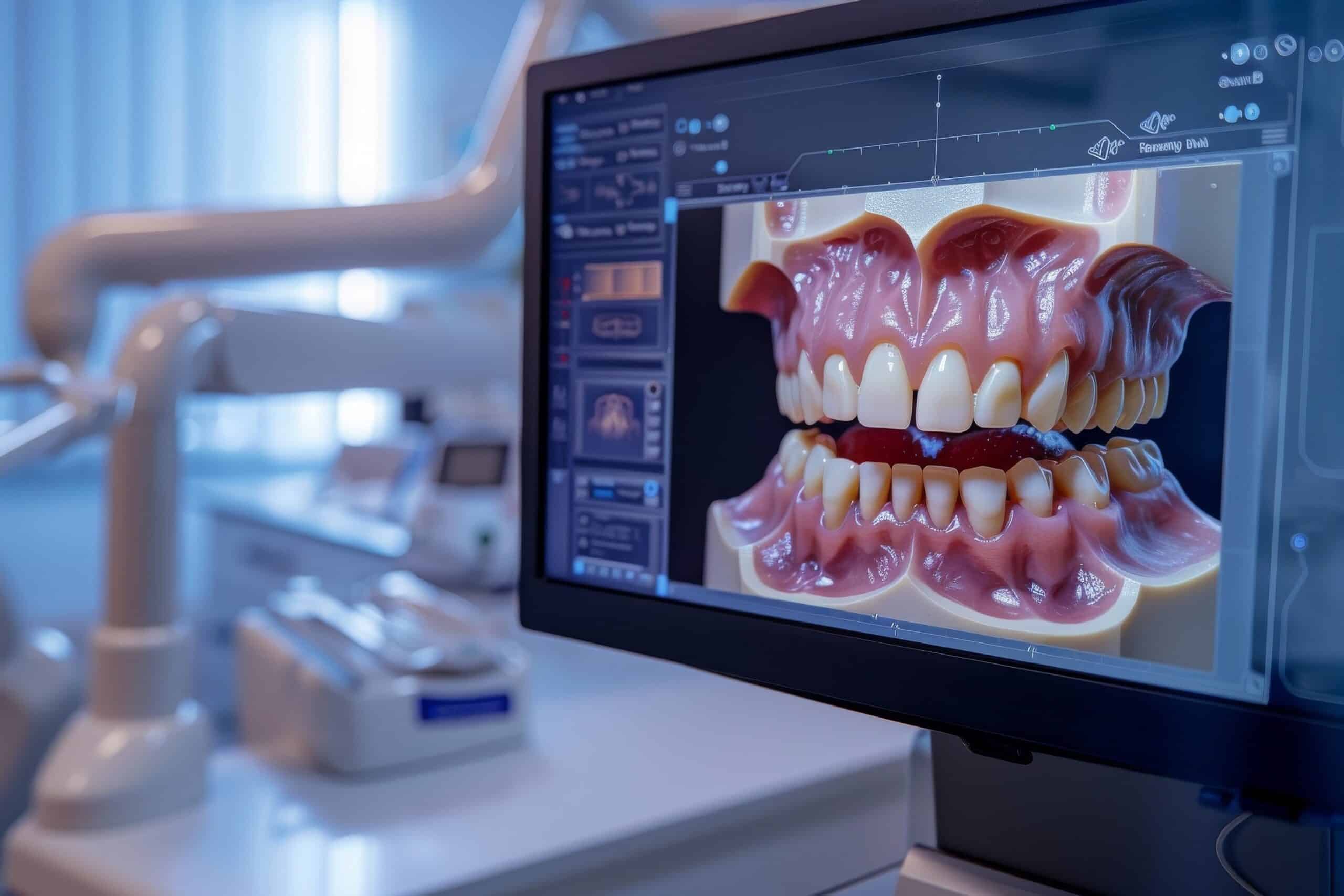Over 30% of adults ages 20 to 44 live with untreated dental caries. According to the CDC, almost 20% of children have untreated cavities, too.
In the United States, millions of people visit the emergency room for dental pain every year. Most of these visitors have dental decay, which could have been prevented in the first place.
When we’re afflicted with tooth pain, it can be difficult to determine the best course of action. Many patients wonder, what is a dental emergency? When you have tooth pain, it’s important to know what to do and where to go.
Keep reading to learn more about dental emergencies and what to do if you have one.
What’s Considered a Dental Emergency?
During a dental emergency, pain and panic can make it impossible to think clearly. Generally speaking, a dental emergency is a dental problem that requires immediate attention and treatment.
It could be that severe pain must be alleviated or that bleeding needs to stop. Whether it’s an infection or an accident, a dental emergency is one that needs medical attention right away.
More often than not, people go to the emergency room for dental emergency care when visiting a dentist is sometimes the better option.
If you think you need dental emergency services, the best thing you can do is stay calm and explore your options quickly before making a decision. The best method is to have a plan beforehand and stay up to date with routine checkups.
What Causes Dental Emergencies?
Many dental emergencies occur as a result of physical activity, such as:
- Work-related accidents
- Playing sports
- Car accidents
- Playing around at home
Dental emergencies can also occur due to eating certain foods or biting down on something too hard. If a tooth cracks or breaks, it can quickly become painful and require immediate medical attention.
Infections lead to dental emergencies, too. If an infection leads to a tooth abscess, it can quickly turn into something painful and dangerous that must get treated right away.
How to Handle a Dental Emergency
If you’re experiencing a dental emergency, the first thing you should do is call your dentist, especially if it’s during normal office hours. If it isn’t, call anyway as many dentists use answering services to provide a way for patients to contact them should an emergency arise after hours.
If you call during office hours, the front desk staff should discuss your plan with you and provide an estimate of how much should be covered. Otherwise, you’ll have to call your insurance company or wait and handle the billing aspect during office hours.
The best thing to do is to understand what your plan provides as a rule of thumb. That way, if you ever experience a dental emergency, you’ll have one less thing to worry about.
Once you’ve spoken to your dentist, they’ll direct you as to what your next step should be. If you’ve been in a car accident or if you’re in excruciating pain and it’s after hours, it’s probably best to head to the emergency room and call your dentist on the way.
Let’s look at some of the different dental emergencies and what you should do for each one.
A Chipped or Cracked Tooth
If you have a serious fracture or are in a lot of pain, clean your mouth. Use warm water and then take a cold compress and hold it against the outside of your face to help reduce swelling.
You can take acetaminophen for pain, but don’t use numbing gel or painkillers as those could damage your gums.
A Knocked-Out Tooth
When a tooth gets knocked out, there is sometimes a window of time in which your dentist can reinsert and preserve it. That’s why, if you lose a tooth, you should call your dentist immediately in case it can be preserved.
If your tooth falls out, pick it up carefully by the top of the crown. Be careful not to touch the root, and rinse it off without scrubbing it. If you can, place the tooth back in the socket. If you can’t, put it in a small container of milk and see a dentist as soon as possible.
An Abscessed Tooth
A dental abscess is not only serious but potentially dangerous and life-threatening. An abscess occurs when a pocket of pus in a tooth leads to an infection.
A tooth abscess can lead to a variety of symptoms, such as:
- Tooth sensitivity to cold or hot
- A fever
- Swelling in the face
- A toothache that won’t go away
- A pimple-like bump on your gums near the tooth that’s infected
- Tender lymph nodes (in the neck)
A dental abscess can spread to surrounding tissue, your jaw, and even other areas of the body. Either before or on the way to the dentist, rinse your mouth out with a mild saltwater mix a few times. It’ll draw the pus to the surface and help reduce pain.
Call your dentist immediately and seek medical attention right away, even if your only option is the emergency room.
A Soft Tissue Injury
Sometimes a dental emergency has nothing to do with the teeth themselves. If you bit your tongue or get a severe cut on the inside of your mouth, you’ll likely experience bleeding.
You can help control the bleeding with gauze or a clean cloth.
However, if your bleeding continues for more than 10 minutes, don’t hesitate to call your dentist or go to the emergency room.
Don’t Ever Ignore a Dental Emergency
If you’re experiencing dental pain or an accident, and you’re wondering what is a dental emergency, it probably means you need immediate medical attention.
Whether it’s a knocked-out tooth or an abscess, dental emergencies can lead to life-threatening complications if they aren’t treated promptly.
Do you have something going on with your teeth? Are you in pain or bleeding from a mouth injury? Contact us so that we can help alleviate your pain, fix your dental emergency, and give you peace of mind going forward.





